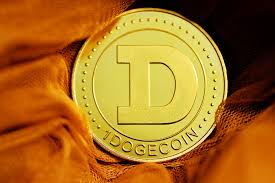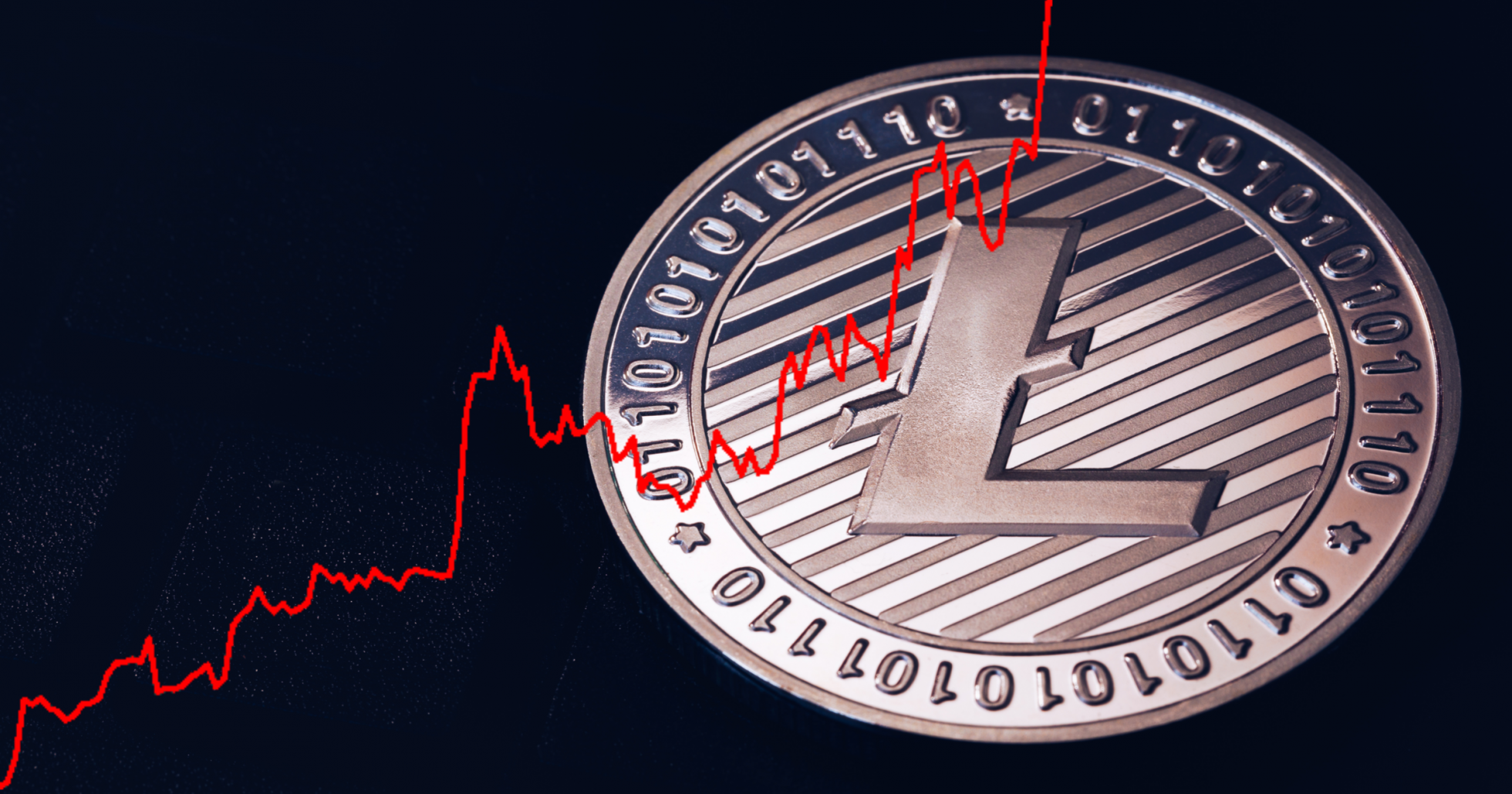What’s good and bad about Bitcoin?
Everyone who uses Bitcoin to make a transaction is anonymous. It means that it is a safe ground for criminals and terrorists. They can use Bitcoin to sell drugs or weapons.
A lot of countries still haven’t determined the legality of Bitcoin, they choose to wait and see. Other countries have indirectly assented to the legal use of Bitcoin by enacting some regulatory oversight. But Bitcoin is never legally acceptable as a substitute for a country’s legal tender.
Which countries are Bitcoin-friendly?
The United States is a Bitcoin-friendly place, despite the fact that several government agencies work to prevent the use of Bitcoin use for illegal transactions. But there are a lot of businesses that use Bitcoin as a payment method. Examples, are Microsoft Store, Dish Network, Subway, and Overstock.com.
Since 2013 Bitcoin’s guidance has been issued by the U.S. Department of Treasury’s Financial Crimes Enforcement Network. They defined Bitcoin as a money service business, but not as currency. It means that Bitcoin is under the Bank Secrecy Act. It requires exchanges and payment processors to adhere to certain responsibilities like reporting, registration, and record keeping.
Another Bitcoin-friendly place in Canada. They are ensuring the cryptocurrency is not used for money laundering. In Canada, Bitcoin transactions are viewed as barter transactions, and income generated is considered as business income.
Bitcoin exchanges in Canada are considered to be money service businesses. This brings them under the purview of the anti-money laundering laws. Bitcoin exchanges need to register with the Financial Transactions and Reports Analysis Center of Canada. They need to report any suspicious transactions, abide by the compliance plans, and keep certain records.
In Australia everything is simple, they consider Bitcoin as every other currency and allow entities to trade, mine, or buy it.
Even if the European Union has followed developments of cryptocurrency, it has not issued any official decision on legality, acceptance, or regulation. But other EU countries have developed their own Bitcoin stances – Finland, Belgium, Cyprus, the United Kingdom, Bulgaria, and Germany.
Countries that are not Bitcoin-friendly
While a lot of countries choose Bitcoin as a way to purchase some goods, other countries are not that willing to choose it as one of the currencies. And the reason is its decentralized nature that can attract criminal activities.
In China, Bitcoin is banned and cryptocurrency exchanges are banned.
Bitcoin in Russia is not regulated, but it is illegal to use it as a payment method.
Vietnam’s state bank and government maintain that Bitcoin is not a legitimate payment method.
Bolivia, Columbia, and Ecuador have banned the use of Bitcoin and other cryptocurrencies. Bitcoin and other cryptocurrencies were banned in Ecuador by a majority vote in the national assembly.
Bitcoin is banned in more than 9 countries
Maybe bans were imposed because of Bitcoin’s decentralized nature of the threat to their current financial system, there are at least nine countries that have banned Bitcoin in March 2019.
Countries that banned Bitcoin are Afghanistan, Pakistan, Algeria, Bolivia, Bangladesh, The Republic of Macedonia, Saudi Arabia, Vanuata, and Vietnam.
Other countries chose to restrict Bitcoin, it cannot be used for payment. These countries are China, India, Ecuador, Indonesia, Morocco, Zambia, Nepal, Egypt, American Samoa, and Qatar.










